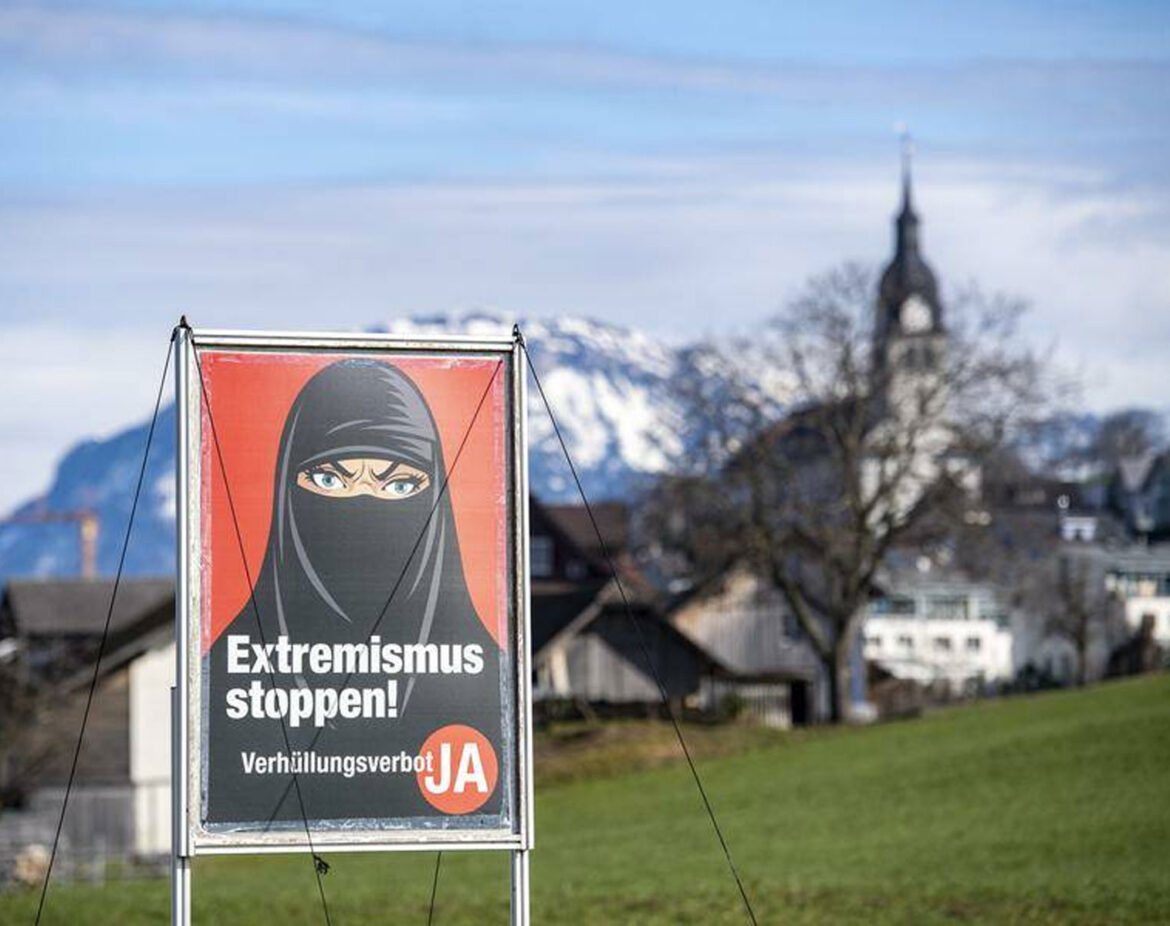Switzerland’s controversial facial covering ban, commonly known as the “burqa ban,” will come into effect on January 1, 2025, the government confirmed on Wednesday. The measure, narrowly approved in a 2021 referendum, will prohibit the wearing of facial coverings in public spaces, following a similar ban on minarets passed in 2009.
Muslim associations have condemned the move, arguing that it disproportionately targets women who wear the burqa or niqab. The Swiss Federal Council announced that those who violate the law could face fines of up to 1,000 Swiss francs (approximately $1,144).
However, the ban will not apply in certain circumstances. Facial coverings will remain permitted in places of worship, sacred sites, on planes, and at diplomatic and consular premises. Additionally, coverings will still be allowed for health and safety reasons, weather conditions, and cultural practices.
The government also specified that facial coverings would be allowed for artistic and entertainment purposes, as well as in advertising. They will also be permitted for personal protection when exercising freedom of expression and assembly, provided prior approval is granted and public order is maintained.
This decision has sparked significant debate over personal freedoms and the integration of Muslim communities in Switzerland, with critics arguing that it infringes on individual rights.



